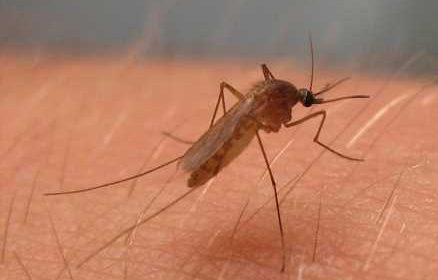West Nile virus kills Larimer County resident

A 66-year-old person in Larimer County died after a lengthy hospitalization because of West Nile virus, becoming the third Coloradan to be killed by the virus this year.
The Larimer County Department of Health and Environment reported the death on Tuesday. A news release did not identify the resident or say when the person died. It was the county’s first confirmed death from West Nile this year.
The state’s first death from West Nile was reported on Aug. 4 in Weld County. A second death from it was reported on Monday in La Plata County.
Colorado health officials are reporting higher-than-normal numbers of West Nile virus cases in 2023. They attribute the jump in cases to a wet winter and spring, which allowed Culex mosquitoes to thrive. Increased human cases follow reports of high infection levels in the Culex mosquitoes.
Larimer County health officials said their 29 confirmed cases are outpacing cases from previous years. Eight people have been hospitalized, according to the county health department’s news release.
As of Tuesday afternoon, the Colorado Department of Public Health and Environment reported 72 people have been infected and 41 of them required hospitalization. Thirty-seven people have experienced neurological symptoms, according to CDPHE’s West Nile virus dashboard.
The West Nile virus season typically runs from May to October. Health officials recommend people use a DEET spray and avoid being outdoors from dusk to dawn when mosquitoes are most active. If you have to be outside during those hours, wear long sleeves and pants.
They also recommend getting rid of any standing water in your yard.
The first symptoms of the virus can include fever, headache, vomiting, diarrhea, muscle aches, joint pain, weakness and a rash. Less than 1% of individuals infected with West Nile virus develop a serious, sometimes fatal, neuroinvasive illness.
There are no vaccines to prevent the virus or medications to treat it.
Get more Colorado news by signing up for our daily Your Morning Dozen email newsletter.
Source: Read Full Article